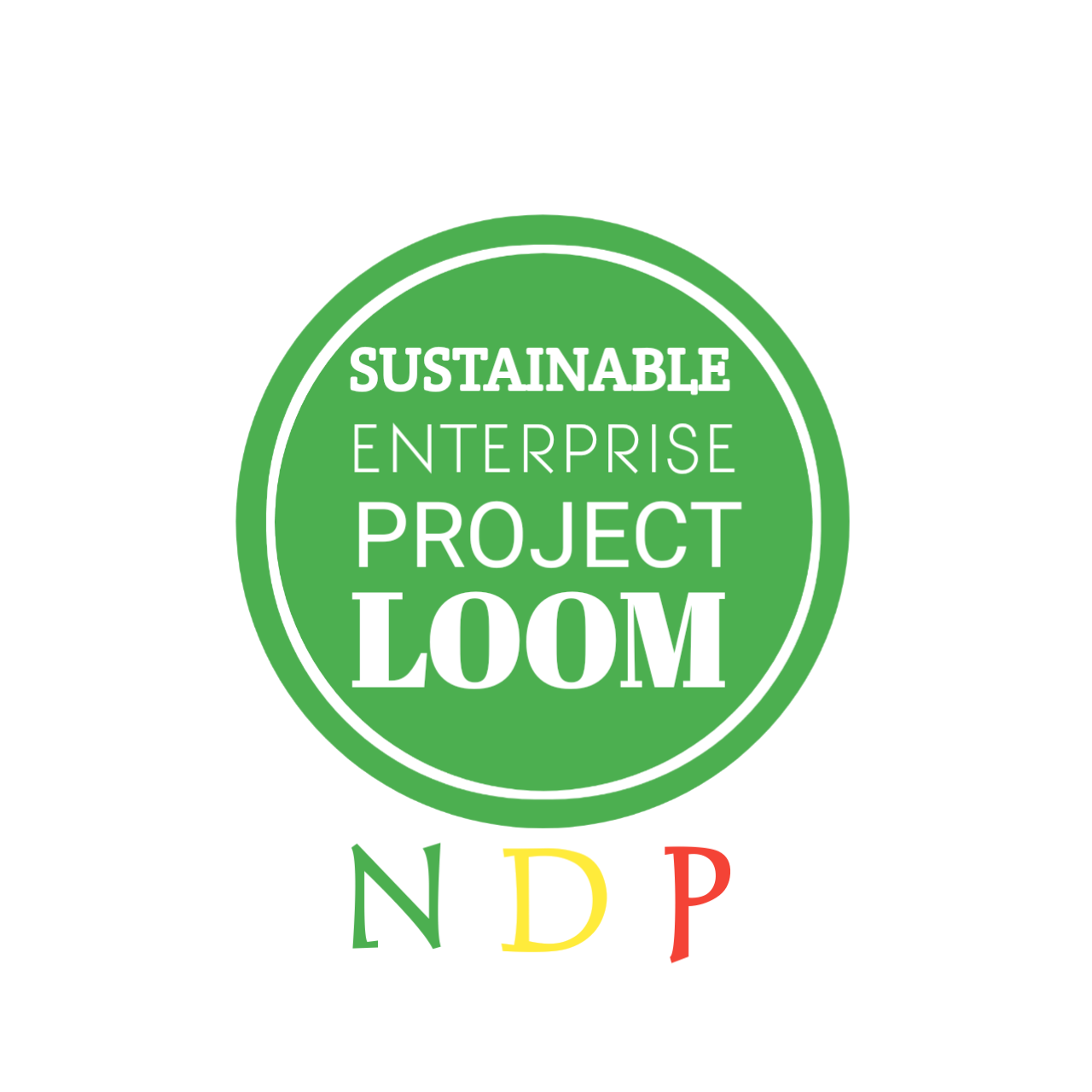About SEP
Home![]() About SEP
About SEP
Enhancing environmental sustainability and climate resilience are becoming increasingly important for sustaining Bangladesh’s economic progress. Embarking on a greener growth pathway would provide major benefits for Bangladesh in terms of increased productivity and innovation, access to new markets, generation of public revenue, and reduction of vulnerability to shocks. In this context, PKSF is now implementing a Government approved project named ‘Sustainable Enterprise Project (SEP)’ funded by the World Bank. The Project Development objective of SEP is set as “to increase the adoption of environmentally sustainable practices by targeted microenterprises”. Micro-enterprises are a vital component within the economic system of Bangladesh. Fifty-Six (56) percentage of our employment generates from this sector. Recognizing the potentiality of this sector, PKSF is implementing several programs and projects through178 Partner Organizations (POs) at the grassroot level. At the same time, improving environmental sustainability and climate resilience are also important in maintaining Bangladesh’s economic progress. According to a study conducted by The World Bank, by 2050, 5.3 million Bangladeshis will be affected by the consequences of climate change. The World Bank estimated that outdoor and indoor air pollution and workplace environment risks are responsible for productivity loss for about 1.6 and 0.5 percent, respectively, of gross domestic product (GDP).
To cope with the financial and safety impact of the environmental changes at the economic system of Bangladesh, PKSF is enforcing a project titled “Sustainable Enterprise Project (SEP)” supported by The World Bank. This project is helping 40,000 Microenterprises (MEs) from the agriculture and manufacturing sectors of Bangladesh to increase the adoption of environmentally sustainable behaviors and enhance their branding and marketing potential. Thirty-Six types of sub-sectors has been selected for this project. The general finances of this venture are 130 million US dollars (BDT 1040 Crore), from which The World Bank will finance 110 million US dollars (BDT 880 Crore) and PKSF will finance 20 million US dollar (BDT 160 Crore). The duration of this project is 05 years (2018-2023).
The project will consist of three components.
Component-01: Enhancing services and enabling systems: The project will support the microenterprises to become more environmentally sustainable through establishment of physical infrastructures at the cluster level under this component.
Component-02: Strengthened access to finance for commercially viable, environment-friendly and resilient microenterprises: This component aims to expand income-generating opportunities for the targeted microenterprises by supporting investment in activities that are resource efficient, low polluting, and climate resilient. Under this component, PKSF, through its POs will provide financing to microenterprises to undertake investments environment friendly and commercially viable investments.
Component-03: Project management, knowledge management, monitoring and evaluation: This component will ensure that the project is implemented in a timely and effective manner. PKSF has established a Project Management Unit (PMU) for monitoring and supervision of the project activities headed by a Project Coordinator (PC).
